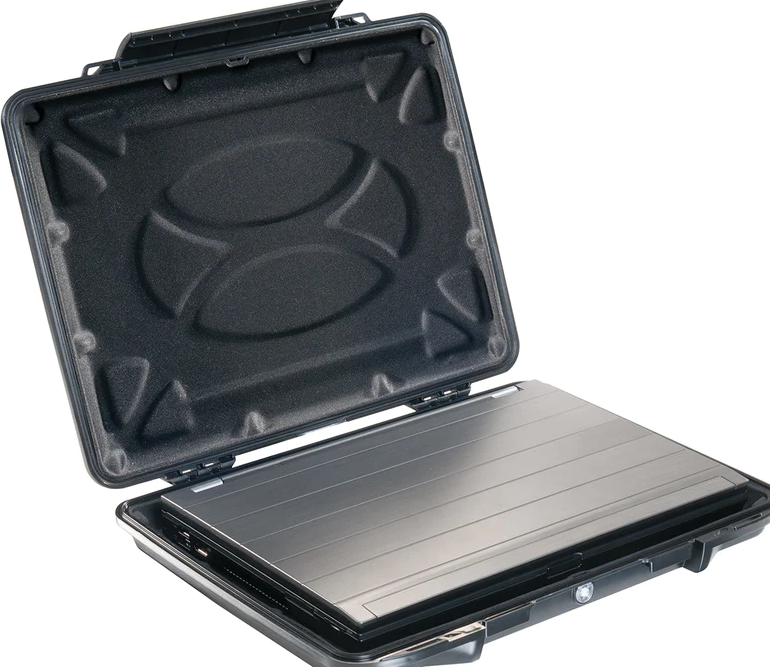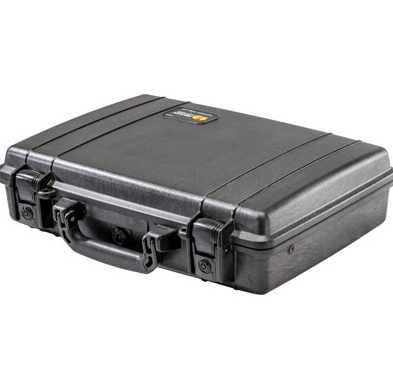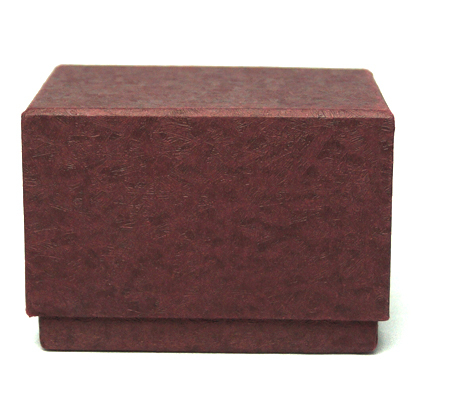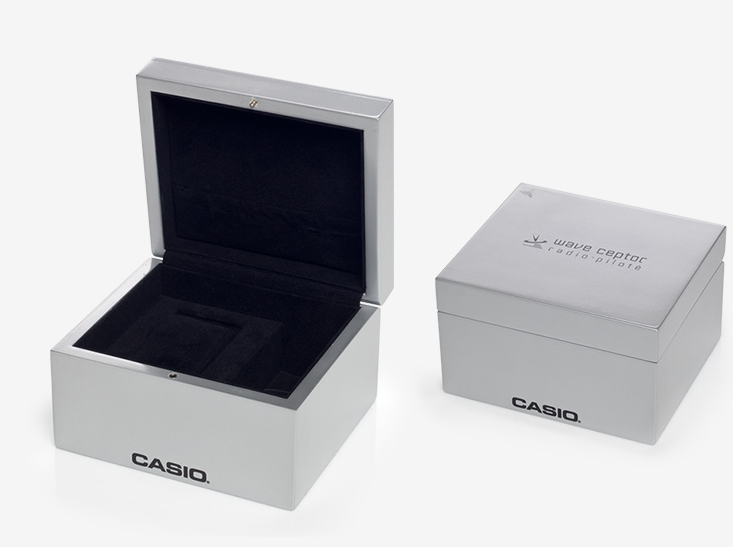Hard shell laptop cases are commonly made of materials like polycarbonate, ABS plastic, and aluminum, each offering different advantages and disadvantages.
Table of Contents
Materials Commonly Used
The hard shell laptop cases you see in the market typically come in a variety of materials. These materials not only dictate the appearance of the case but also its durability, weight, and even its environmental impact. Let’s delve into the three most common materials: Polycarbonate, ABS Plastic, and Aluminum.

Polycarbonate
Polycarbonate is a type of thermoplastic polymer. It’s famous for its lightweight and high impact resistance, making it a popular choice for not just laptop cases but also airplane windows and bulletproof glass.
Advantages
- High Impact Resistance: Polycarbonate offers robust protection against falls and impacts.
- Lightweight: Carrying a laptop encased in a polycarbonate shell adds minimal weight.
- Transparency: The material is clear, allowing for a range of color and design options.
Disadvantages
- Scratch Prone: Polycarbonate can get scratched easily, affecting the aesthetic appeal.
- Limited Rigidity: The material is more flexible, which might not be ideal for those looking for a rigid structure.
ABS Plastic
Advantages
- Toughness: ABS Plastic is durable and can handle a considerable amount of stress.
- Heat Resistance: It performs better under high-temperature conditions compared to Polycarbonate.
- Affordability: Generally cheaper to produce, resulting in more affordable laptop cases.
Disadvantages
- Heavier: ABS laptop cases are usually heavier than polycarbonate options.
- Environmental Concerns: ABS is less recyclable and thus not as eco-friendly.
Aluminum
The use of aluminum in laptop cases is often associated with a premium look and feel. This material is not just about aesthetics; it offers some compelling advantages.
Advantages
- Rigidity: Aluminum cases provide a solid, rigid form of protection.
- Premium Feel: The metallic finish gives a premium look.
- Heat Dissipation: Aluminum is good at dissipating heat, thereby potentially extending your laptop’s life.
Disadvantages
- Weight: Aluminum is heavier than both Polycarbonate and ABS.
- Cost: Aluminum laptop cases are generally more expensive.
Polycarbonate Cases
Polycarbonate cases have carved a significant niche in the laptop protection market. This material is a type of thermoplastic that’s well-known for its lightweight properties and high impact resistance. You’ll find polycarbonate in a variety of applications, from eyewear lenses to construction materials. Let’s examine the advantages and disadvantages of using this material for your laptop case.
Advantages
High Impact Resistance
One of the standout features of polycarbonate cases is their exceptional resistance to impact. If you accidentally drop your laptop, a polycarbonate case can offer robust protection, mitigating the risk of internal damage.
Lightweight
Portability is key when it comes to laptops. Polycarbonate is inherently lightweight, which means you don’t have to worry about carrying extra weight. It’s an excellent choice for students or professionals who are always on the go.
Transparency
Polycarbonate material is transparent, making it easier for manufacturers to offer a wide range of color and design choices. You can easily customize or choose a design that matches your style without sacrificing protection.
Disadvantages
Scratch Prone
One downside is that polycarbonate can be susceptible to scratches. Over time, this can affect the visual appeal of your laptop case. However, some manufacturers have started offering scratch-resistant coatings as a solution.
Limited Rigidity
While polycarbonate offers good impact resistance, it is not as rigid as materials like aluminum. This flexibility can be a drawback if you’re looking for a laptop case that offers a very firm and unyielding form of protection.
ABS Plastic Cases
ABS Plastic, or Acrylonitrile Butadiene Styrene, is another prominent material you’ll encounter when searching for hard shell laptop cases. It’s known for its sturdiness and affordability, making it a common choice for various products like LEGO bricks and automotive parts. Let’s explore the advantages and disadvantages of choosing an ABS plastic case for your laptop.
Advantages
Toughness
ABS plastic cases are incredibly durable, capable of enduring rough handling and daily wear and tear. If you are someone who frequently travels or commutes, an ABS plastic case can withstand the bumps and knocks that come along the way.
Heat Resistance
Compared to polycarbonate, ABS plastic offers better resistance to high temperatures. This property minimizes the risk of your case warping or deforming when exposed to heat, making it a safe option for those living in warmer climates.
Affordability
One of the major perks of ABS plastic is its cost-effectiveness. The material is generally cheaper to produce, which translates to a lower retail price for the consumer. If you’re on a budget but still want reliable protection, ABS plastic cases are often more wallet-friendly.
Disadvantages
Heavier Weight
While ABS plastic is durable and robust, these properties make the case slightly heavier than its polycarbonate counterparts. This extra weight could be a downside if you’re looking to maintain a lightweight setup for your laptop.
Environmental Concerns
Unfortunately, ABS plastic is not as easy to recycle as other materials, contributing to its environmental footprint. If you’re conscious about your ecological impact, this is a factor worth considering.
Aluminum Cases
Aluminum is a metal that’s highly regarded for its unique combination of strength and lightweight properties. It’s widely used in various industries, from aerospace to electronics, and has gained popularity as a material for premium laptop cases. Let’s dive into the advantages and disadvantages of opting for an aluminum laptop case.
Advantages
Rigidity
Aluminum cases stand out for their rigidity and sturdiness. Unlike plastic variants, they offer a highly rigid form of protection that can withstand considerable force. If you’re someone who wants a solid and durable case, aluminum should be on top of your list.
Premium Feel
Aluminum carries a certain aesthetic appeal that many find luxurious. The metallic finish can give your laptop a premium look, elevating not just its protection but also its style.
Heat Dissipation
One often-overlooked benefit of aluminum is its excellent thermal conductivity. This material can help in dissipating heat more effectively, which could extend the lifespan of your laptop by keeping it cooler during prolonged usage.

Disadvantages
Weight
Despite being lighter than many metals, aluminum is still heavier than materials like polycarbonate and ABS plastic. If portability is crucial for you, the added weight might be a drawback.
Cost
Aluminum is generally more expensive to produce, and this cost is often passed on to the consumer. If you’re working with a limited budget, an aluminum case might not be the most economical choice.
Limited Customization
Aluminum cases typically come in solid colors and lack the range of patterns and designs that you might find in plastic cases. If you’re looking to personalize your laptop case with a unique design, aluminum may not offer as many options.
Comparative Analysis
When it comes to choosing the right laptop case, it’s crucial to compare the key attributes of different materials. This comparative analysis will focus on three main aspects: strength and durability, weight, and cost. By examining these criteria, you’ll have a clearer understanding of what each material offers and which one may be the best fit for your needs.
Strength and Durability
When it comes to strength and durability, aluminum clearly takes the lead. Its rigid structure can withstand significant force, making it a long-lasting option. ABS plastic is also strong but tends to be slightly more flexible than aluminum. Polycarbonate, while highly impact-resistant, is more flexible and less rigid compared to the other two materials.
Weight
In terms of weight, polycarbonate is the lightest among the three, making it ideal for those who prioritize portability. ABS plastic comes next, with a moderate weight that balances durability and portability. Aluminum, although lighter than many other metals, is still the heaviest among the three materials discussed here.
Cost
Price is a key factor that many people consider when making a purchase. Here are some general pricing guidelines:
- Polycarbonate Cases: Typically, you can find good-quality polycarbonate cases ranging from $20 to $50.
- Aluminum Cases: Aluminum laptop cases are on the premium end, with prices usually starting at $50 and can go up to $200 or more, depending on the brand and additional features.






